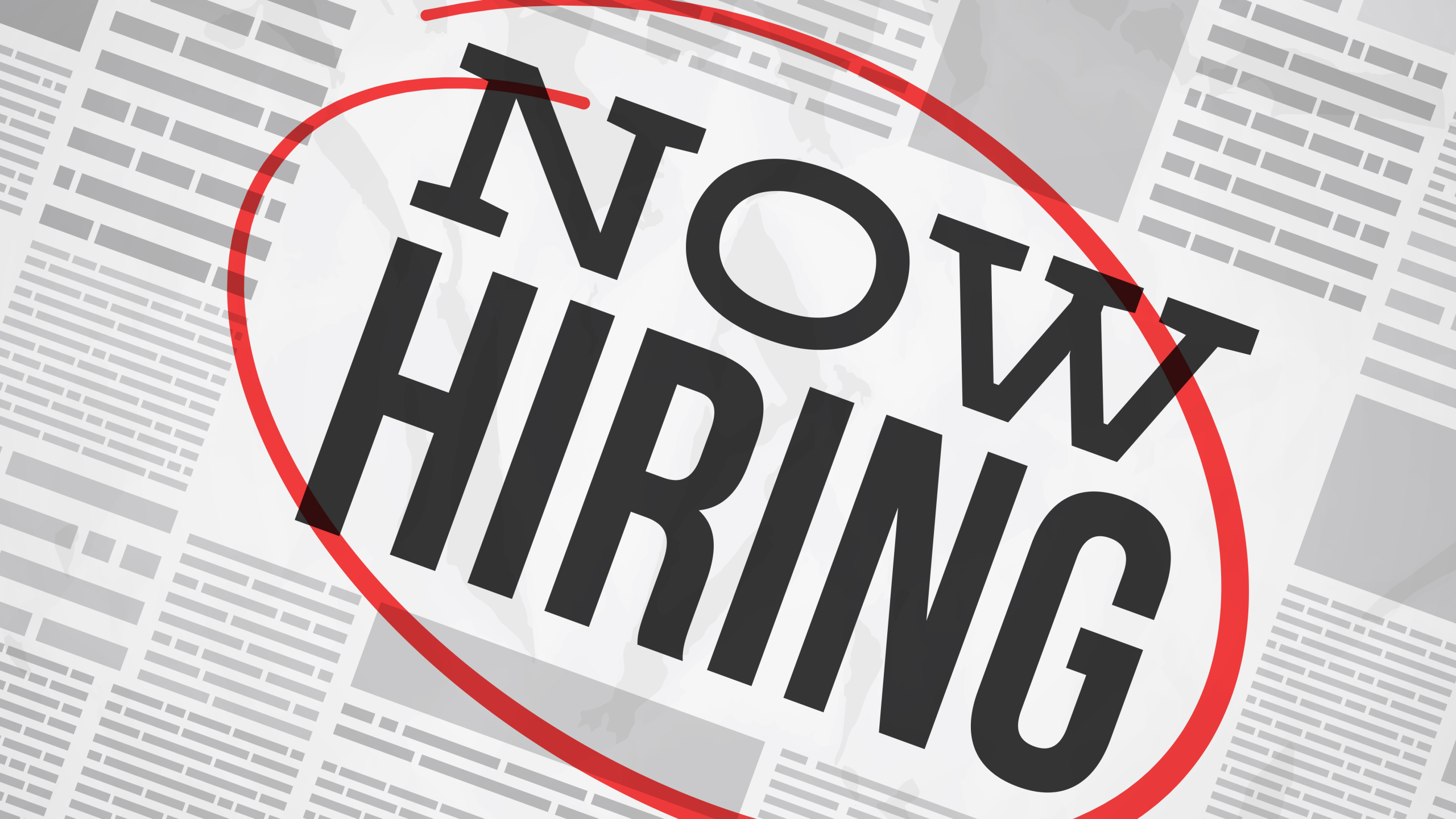The significant changes that the job industry underwent in 2020 were predominantly caused by the complexities brought on by the coronavirus pandemic. Contrasting economic landscapes that consist of some industry sectors that accelerated because of the pandemic to opposite outcomes such as, disrupted supply chains, and the slump of other industries, have created irregular hiring patterns that business leaders are attempting to navigate.
The development and rollout of the COVID-19 vaccine is helping businesses reopen and return to maximum capacity, but many unknowns still remain in 2021 as new variants and vaccine hesitancy continue to pose challenges to a fully functioning economy. The construction industry is predicted to have a slow year in 2021, and many other businesses hiring practices may still be stunted for quite some time. The following 2021 trends will likely continue throughout the rest of this year as the job market continues to find its footing.
Telework Will Become a Permanent Part of Business
The business world is waiting and watching for scientific research to shed light on vaccine’s impact on variants, transmissions, mask guidelines, and social distancing. COVID-19 transmission in the workplace is an ongoing risk that business leaders and the U.S. Department of Labor are still attempting to navigate. Until the unknowns are made clearer, recruiting teams will continue to work remotely, and some organizations may even completely let go or scale down brick and mortar workspaces. The hiring cycle is forecasted to remain almost entirely remote in 2021, and video interviews will continue to be the primary way candidates will be hired for the time being.
Diversity and Inclusion Initiatives Take Center Stage
A focus on diversity and inclusion in the workplace will take a prominent position more than ever before in 2021. Integrating racial equity into every part of the workplace and increasing recruiting resources for inclusive hiring are becoming a permanent fixture of corporate culture– versus a reactionary measure or a risk management procedure. The demand for transparency and shifts in employee engagement factors has changed what employees care about, and an inclusive environment is now a determinant that even prospective employees consider to be a top requirement for their future employers.
Mental Health and Culture Move to the Forefront
Conditions brought on by the pandemic, and stay-at-home orders have created a mental health crisis that has impacted the workplace. This year, companies will be focusing on putting forward mental health resources and company events that create a thriving corporate culture and support mental health, which will be an attractive benefit for potential recruits. Expanding health plans, incorporating telehealth solutions, mushrooming paid time off packages, and bringing mental health professionals in-house are just some of the ways that businesses are boosting their recruiting efforts.
2021 Will be More Digital Than Ever
With the coronavirus’s impact in the workplace still undetermined, enhanced digital tools will be critical for recruiting productivity to remain high. Upgrading legacy technology and adding a full suite of communication, collaboration, candidate management systems, and project management tools is a top priority for businesses in 2021. Modern digital solutions that are also secure will be critical for optimized operations.
The enduring challenges that the coronavirus has continued to impose is breeding agility and innovation in the recruiting space. Many signs of normality are beginning to surface, but the complete return to the way things were pre-pandemic is still a while away. In the meantime, recruiting will continue to evolve this year, and engaging candidates effectively in a digital world will set the stage for a new era of digital recruiting.

